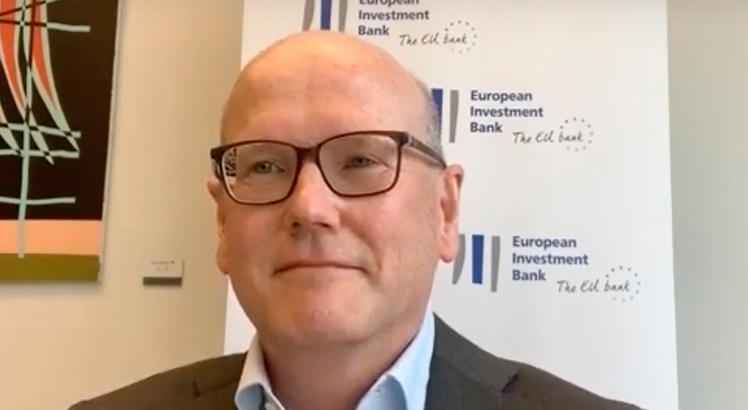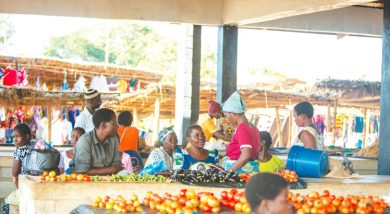EU dangles K13bn to boost agriculture
European Investment Bank (EIB) in partnership with two local commercial banks has dangled 12.5 million euros (about K13.1 billion) to boost production for smallholder farmers, agricultural companies and cooperatives in the country.
The initiative, backed by the European Union (EU) support, is expected to facilitate an increased contribution by smallholder farmers to national agricultural production and exports.
The resources to be disbursed through First Capital Bank (FCB) and Ecobank Malawi will enable farmers in cooperatives and associations to access financing.
Beneficiaries are also expected to access long-term finance as well as technical assistance to identify, assess and monitor agri-food value chain investment in the country.

In a statement, the EIB said the impact of the new partnership will be enhanced by both specialist best practice agricultural investment technical assistance and the EU contribution of 5 million euros to support further long-term agricultural financing.
The new agriculture access to finance cooperation was confirmed in Brussels by EIB president Werner Hoyer ahead of the EU-Africa Summit recently.
Reads the statement: “The new financing initiative has been launched to address specific challenges holding back agricultural investment and is part of the broader Kulima, Promoting Farming in Malawi programme developed by the European Union and Government of Malawi.
“First Capital Bank [FCB] joins Ecobank Malawi and together the two leading local institutions will provide a total of €50 million of new financing for agricultural investment.
“Agriculture value chain companies across Malawi will be able to access loans with maturities of up to seven years, longer than commonly available in the market, to expand, upgrade and modernise their equipment, and unlock new business opportunities.”
On her part, FCB deputy chief executive officer Agness Jazza said increasing high impact agricultural investment was crucial for Malawi.
She said: “This new partnership between First Capital Bank, the European Investment Bank and the European Union will benefit thousands of small holder farmers across our country and unlock economic opportunities from sustainable agriculture in the years ahead.”
EIB vice-president Thomas Östros said the bank recognised the importance of agriculture for both economic activity and social development.
“This latest partnership with First Capital Bank will unlock investment by smallholders across Malawi facing challenges of climate change and the Covid-19 pandemic,” he said.
EU Delegation to Malawi chargé d’affaires Aurélie Valtat said her team was working with Malawian partners to transform opportunities in rural communities.
“Today, First Capital Bank, the EU and the EIB, are joining forces to boost agricultural investment in a pioneering initiative that is a model for Africa,” she said.
Recently, agriculture experts urged authorities to address a triple crisis facing smallholder farmers, especially on land, productivity and commercialisation for Malawi to succeed on the agriculture commercialisation drive, which is an important pillar of the Malawi 2063 agenda.
A working paper from Agriculture Policy Research Africa (Apra), recently showed that the current commercilisation needs serious reforms and financing.
In a recent interview, Lilongwe University of Natural Resources (Luanar) agricultural economist Horace Phiri said major problems depend on productivity. He said all players from farmers, government to the private sector have a role to boost productivity.
He said: “Farmers need to adopt good practice, adopt modern inputs.”
Farmers Union of Malawi (FUM) president Frighton Njolomole called for a need for State grain produce trader Agriculture Developmental and Marketing Corporation (Admarc) to play its rightful role in providing and a readily available market for farmers who add value to their crops.
Minister of Agriculture Lobin Lowe admitted that the viability of the smallholder-led agricultural transformation strategy in Malawi has faced several challenges, including low productivity and dependence on rain-fed production systems.
He said: “It is recognised that smallholders are diverse and there is a need for different combinations of policy strategies to help tackle the challenges that they face.”
Kulima is a programme designed to promote farming in Malawi.





